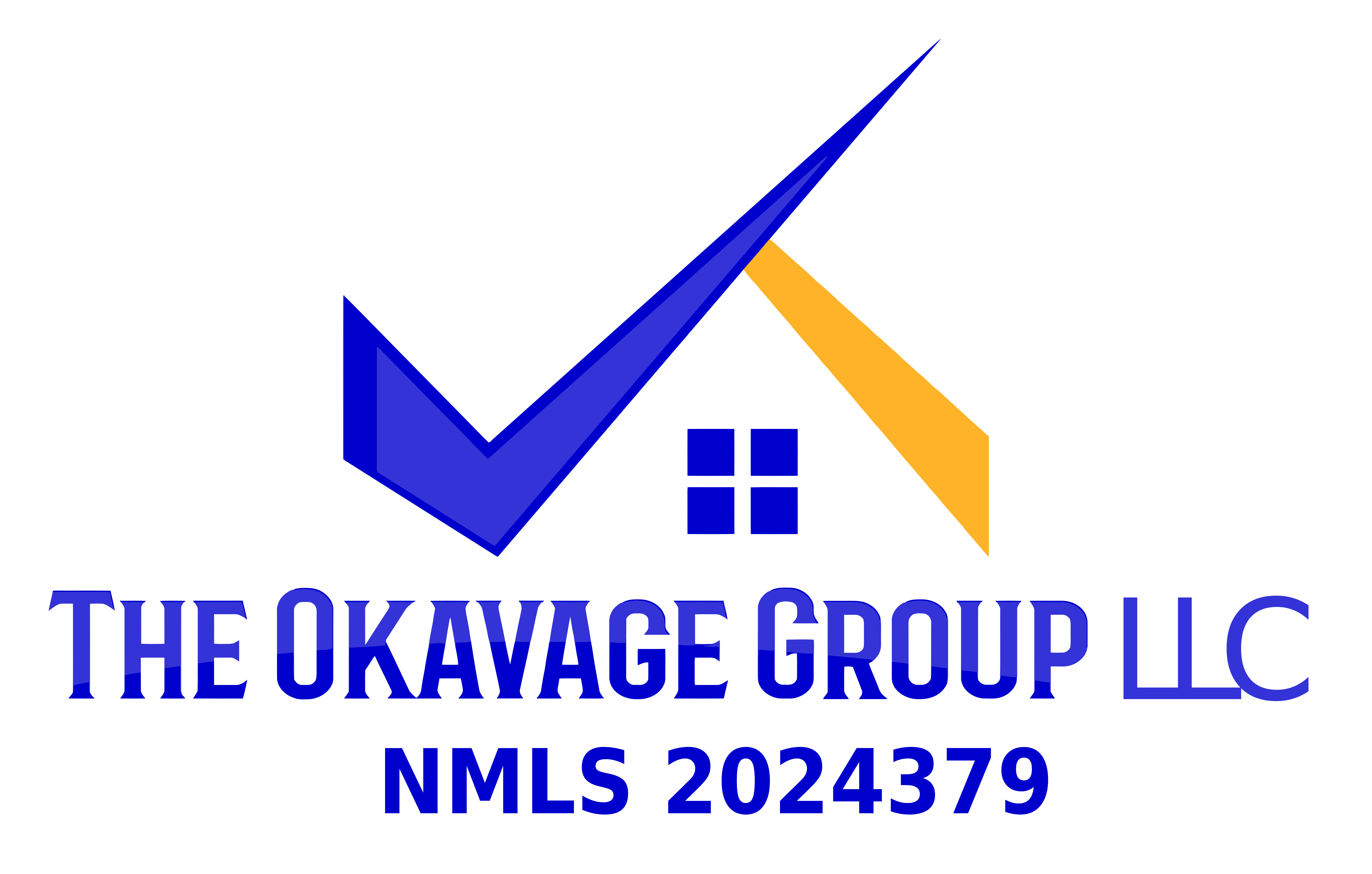Jumbo loans are those that exceed the maximum amount of financing allowed under the government guaranteed loan programs. The amount that is considered a jumbo loan depends on the area where the home is located. The limits for government-guaranteed loans are determined by the county where the home is located and the number of people in the family that will live in the home.
Additionally, jumbo loans cannot be sold to Fannie Mae or Freddie Mac. This means the aftermarket for these loans is more limited. Besides the large size of these loans, this lower marketability can sometimes make them carry a higher interest rate.

Qualifying for a Jumbo Loan
In general, if a home costs over half a million dollars it will require a jumbo loan except in areas where property values are much higher. Getting a jumbo loan requires an excellent credit history with a FICO score over 700 and a low debt-to-income ratio of less than 43%. It is much better if this ratio is around 36%. Lenders who make jumbo loans rely on these stricter standards because the risk is greater with jumbo loans.
Proof of Income
Having proof of income is necessary to show that there is enough monthly money coming in to cover the high monthly mortgage payments. Normally, jumbo loan providers require two years of steady, proven income by asking for copies of pay stubs and the annual W2 forms.
Self-employed persons have to offer more documentation in order to prove income. Normally, self-employed individuals have to submit two years of income tax returns. Lenders for jumbo loans also require that there are plenty of assets, which are liquid, and cash reserves in a bank that are at least six months of mortgage payments.


Down Payments and Interest Rates on Jumbo Loans
The down payment required from a jumbo loan ranges from 10% to 30%. Some lenders are offering jumbo loans with lower down payments at rates that are close to the rates offered for conventional loans. Even though these jumbo loans are more difficult to sell, there is an economy of scale in underwriting them because their administration costs are lower for the same volume of conventional loans.
When Jumbo Loans Make Sense
People who earn $250,000 to $500,000 per year are the typical clients that can qualify for a jumbo loan. This group is politely called high-earners not rich yet (HENRY). A HENRY borrower has plenty of monthly income along with an excellent credit history. However, these borrowers have not yet accumulated the many millions that would allow them to buy assets like a luxury home for cash.


Tax Implications of Jumbo Loans
The IRS allows mortgage interest payments to be deducted for mortgages than are $1 million or less. Any amount of mortgage interest paid above that amount is not tax deductible. For those that qualify for a jumbo loan and have cash reserves of substantial amounts, it may be a better tax strategy to take a smaller jumbo loan to get the most benefits from the tax deductions.
When working with the professionals at the OKavage Group, the choices of a jumbo loan can be discussed and analyzed for the most benefit of the client.
